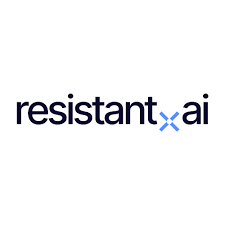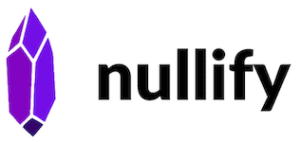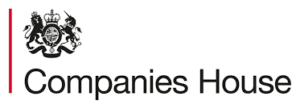Resistant AI’s Team, Vision & the $25M Series B That’s Reshaping FinCrime

Resistant AI, a Prague-based startup specializing in AI-driven financial crime prevention, has secured $25 million in Series B funding. Founded in 2019, the company develops advanced systems that detect document fraud, monitor transactions, and help financial institutions respond to increasingly sophisticated threats. The latest funding will enable the company to expand its product offerings, scale globally, and strengthen its position as a leading provider of AI-powered fraud detection solutions.
The Series B round was led by DTCP Growth, with existing investors Experian, GV, and Notion Capital reinvesting. The company says this brings total funding beyond $55 million. It also confirmed it reached breakeven in September 2025. Since its Series A, annual recurring revenue has grown tenfold, and the customer base has expanded fourfold. More than 100 people now work across offices in Prague, London, and New York. The company has verified over 150 million documents and analyzed transactions for anti-money-laundering risks at volumes nearly 100 times greater than in its earlier years.
The capital will help expand product reach, enhance threat intelligence, and deepen integrations with clients’ risk systems. The timing of the investment is critical, as banks, insurers, and fintechs face surging attacks aided by generative AI tools. Fraudulent documents, synthetic identities, and manipulated datasets have become central weapons in the fraud economy.
At the helm is founder and CEO Martin Rehak, who previously led cognitive intelligence research at Cisco. He assembled a founding team that includes Jan Stiborek, Jan Jusko, Tomáš Laube, Karel Bartoš, Josef Stach, Martin Grill, Martin Vejman, and Lukáš Machlica. Together, they bring deep expertise in machine learning, cybersecurity, and applied mathematics. Several members hold PhDs and have backgrounds in AI research and enterprise security. Rehak describes the company’s goal as building trustworthy AI for untrustworthy environments, an approach designed to outsmart adversarial manipulation and mitigate hallucination issues that plague general-purpose AI tools.
The team’s structure mirrors its dual mission of innovation and reliability. Specialists work on document forensics, transaction analytics, and behavioral modeling. The company’s culture emphasizes technical rigor, with frequent model audits and a focus on transparency, ensuring that algorithms used to detect fraud remain explainable to both regulators and enterprise clients. With the new funding, the firm plans to hire additional data scientists, integration engineers, and threat analysts to accelerate development.
Resistant AI’s main products include Resistant Documents, which checks IDs, bank statements, and utility bills for forgery, and Resistant Transactions, which augments existing transaction monitoring and AML systems with AI-driven forensics. These products integrate into clients’ existing platforms via APIs, allowing adoption without replacing core infrastructure. The company claims its models outperform traditional rules-based systems and LLM-based tools, offering better precision and lower false-positive rates.
Market demand is expanding fast. Industry data show that the online fraud economy now trades more than 160,000 verified accounts from over 3,000 financial institutions, fueling scams and account takeovers worldwide. The company says its clients have achieved up to triple improvements in fraud detection accuracy, five-times faster document review, and automation rates reaching 90 percent. Among its customers are global names such as AXA, Finom, Bank of Valletta, Dun & Bradstreet, and PennyMac.
The fintech and RegTech landscape is crowded, but Resistant AI has carved a distinct position by combining deep academic research with real-world operational resilience. Investors view its hybrid approach, bridging explainable AI with financial-grade compliance, as a key differentiator in a market often dominated by black-box machine learning systems.
The company’s challenge now is to maintain its lead while scaling responsibly. As financial institutions deploy AI more broadly, the risk of model misuse and bias grows. Regulators in the EU, UK, and US are tightening scrutiny on how AI systems make risk assessments. For Resistant AI, maintaining transparency, accuracy, and auditability will be as crucial as innovation.
Looking ahead, the company plans to expand its presence in North America and Asia, invest further in R&D for next-generation detection models, and deepen collaboration with partners in payments and digital identity. Its leadership believes that the same AI wave driving new fraud risks also offers tools to defeat them if used responsibly and with rigorous oversight.
With its $25 million Series B, Resistant AI has positioned itself as one of Europe’s most advanced defenders in the financial crime space. As fraudsters evolve their tactics, the company’s vision to arm institutions with intelligent, adaptive protection suggests it could become a defining player in how the financial world safeguards trust in the AI era.





